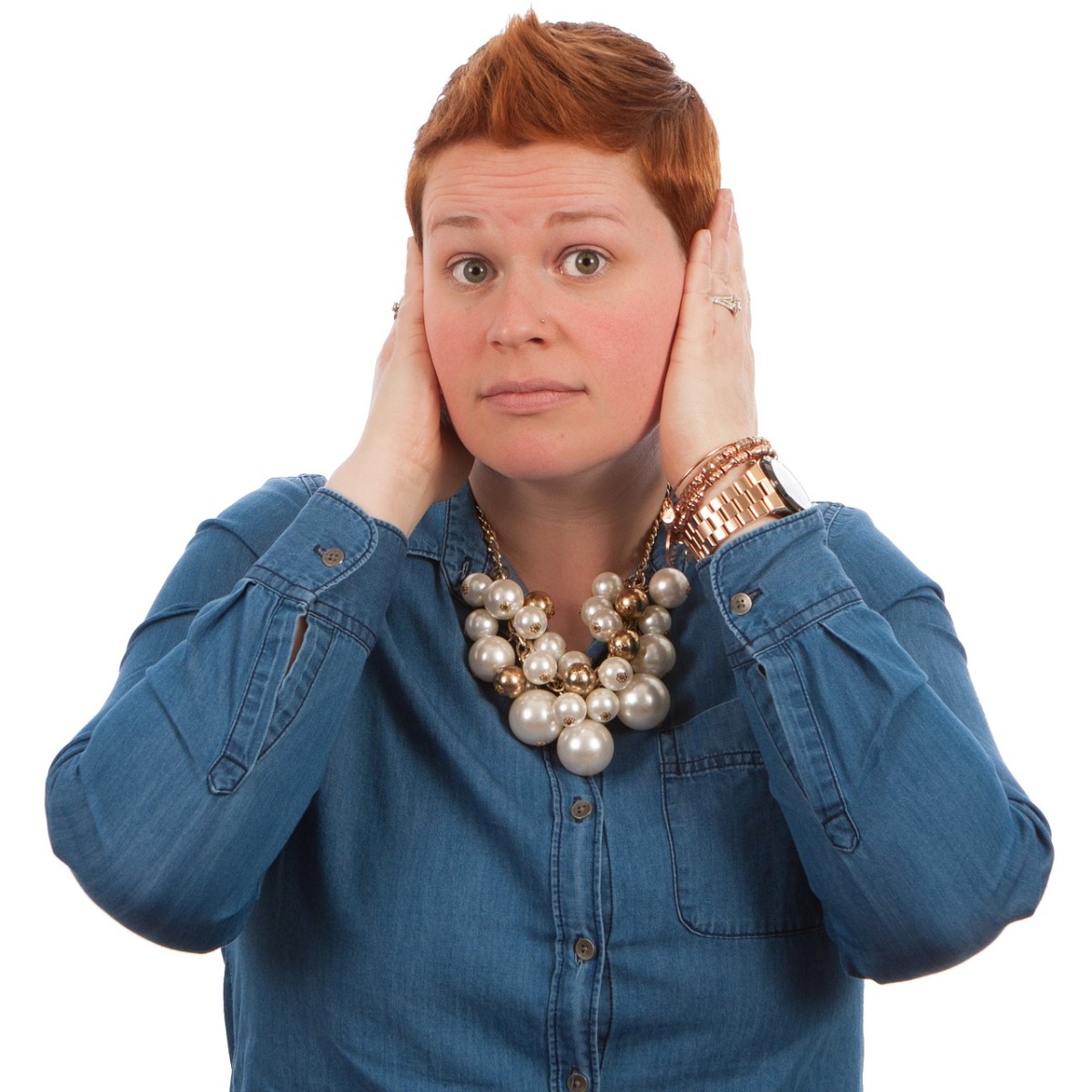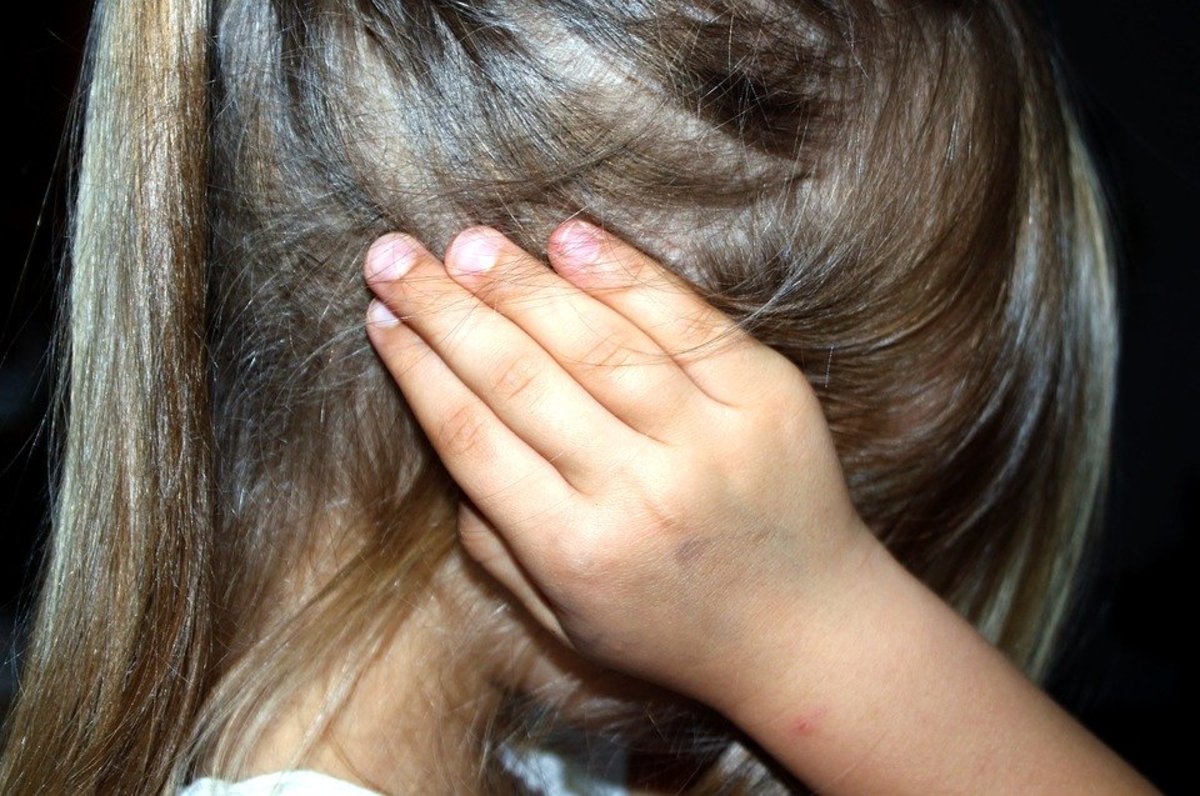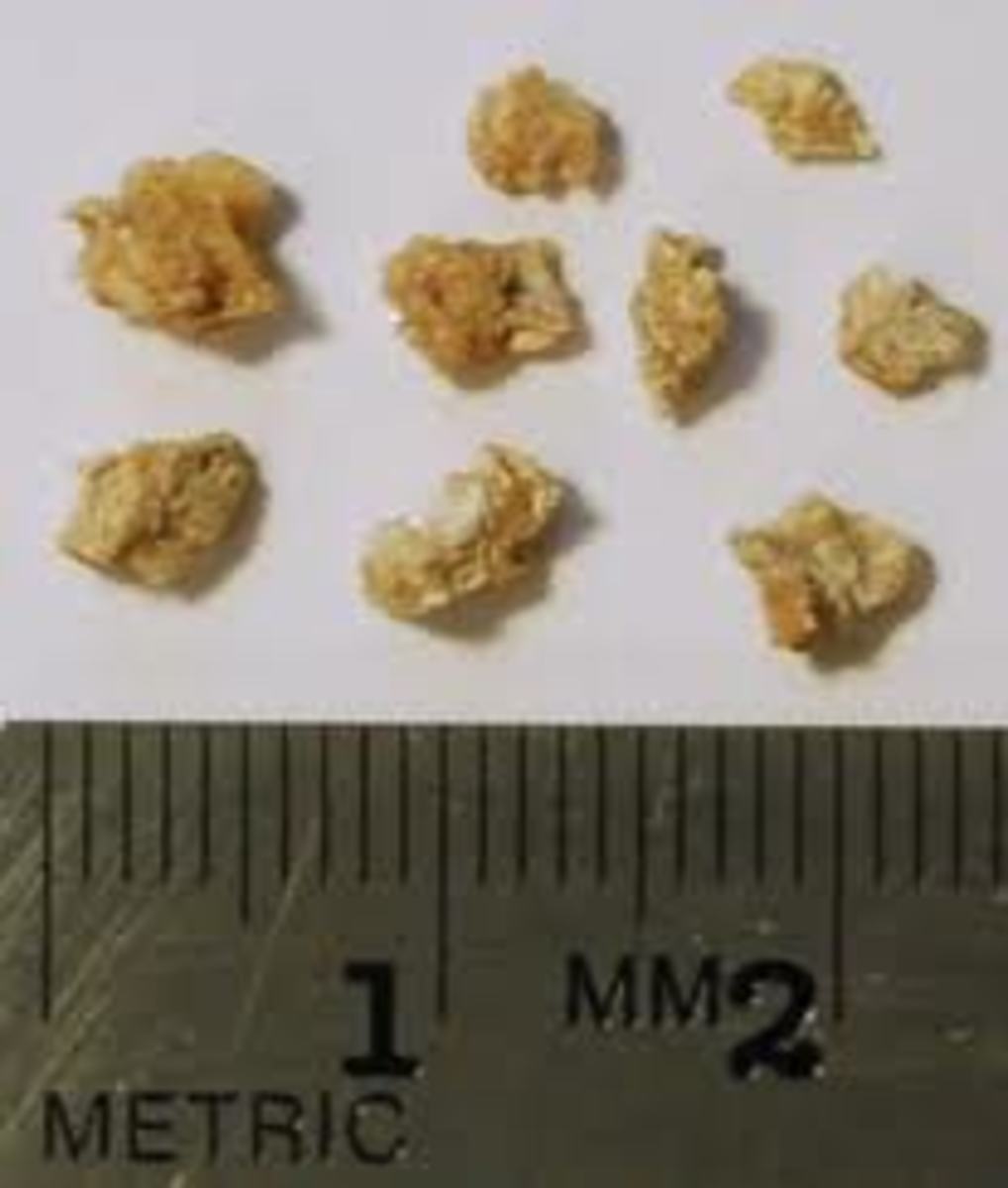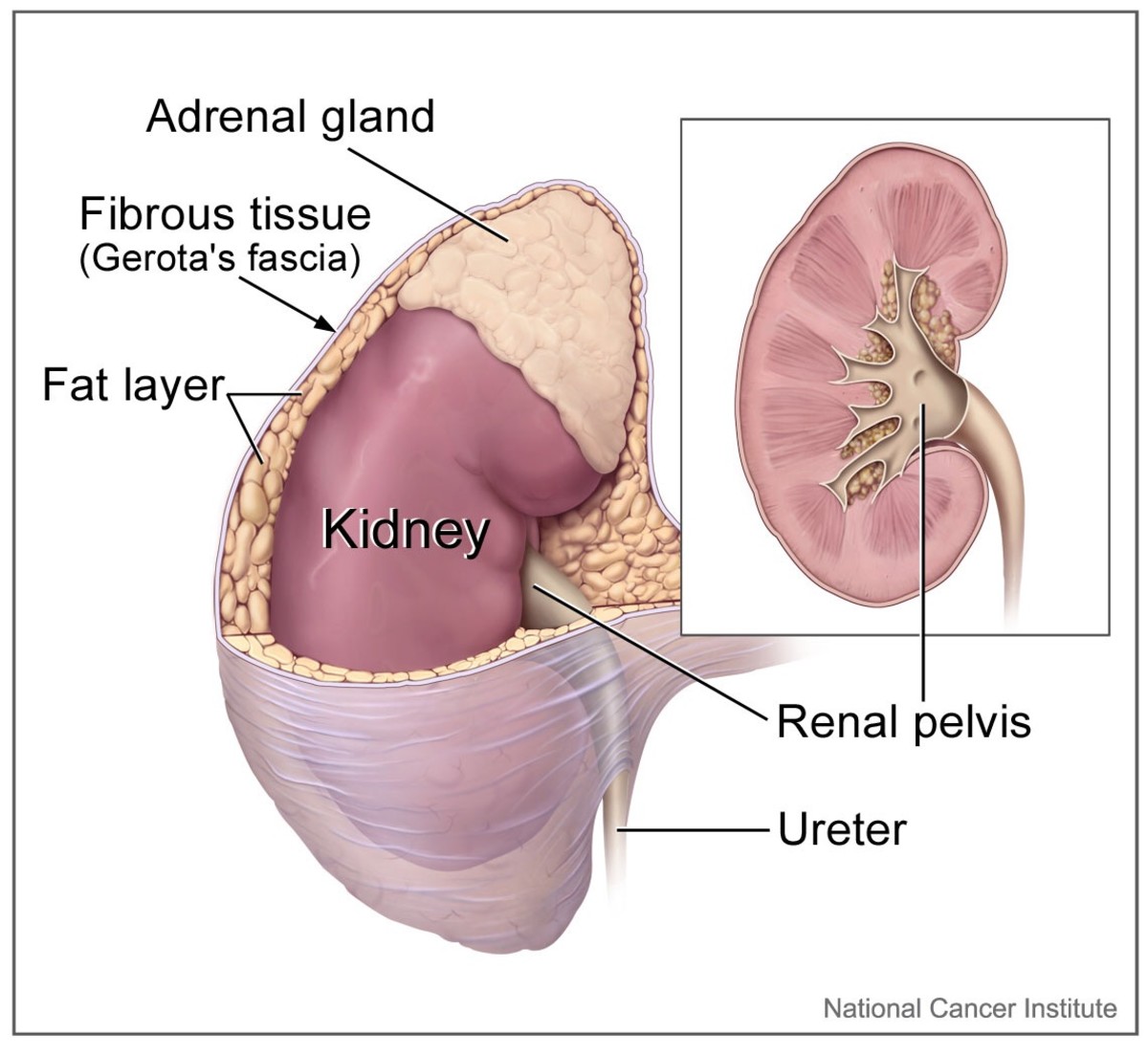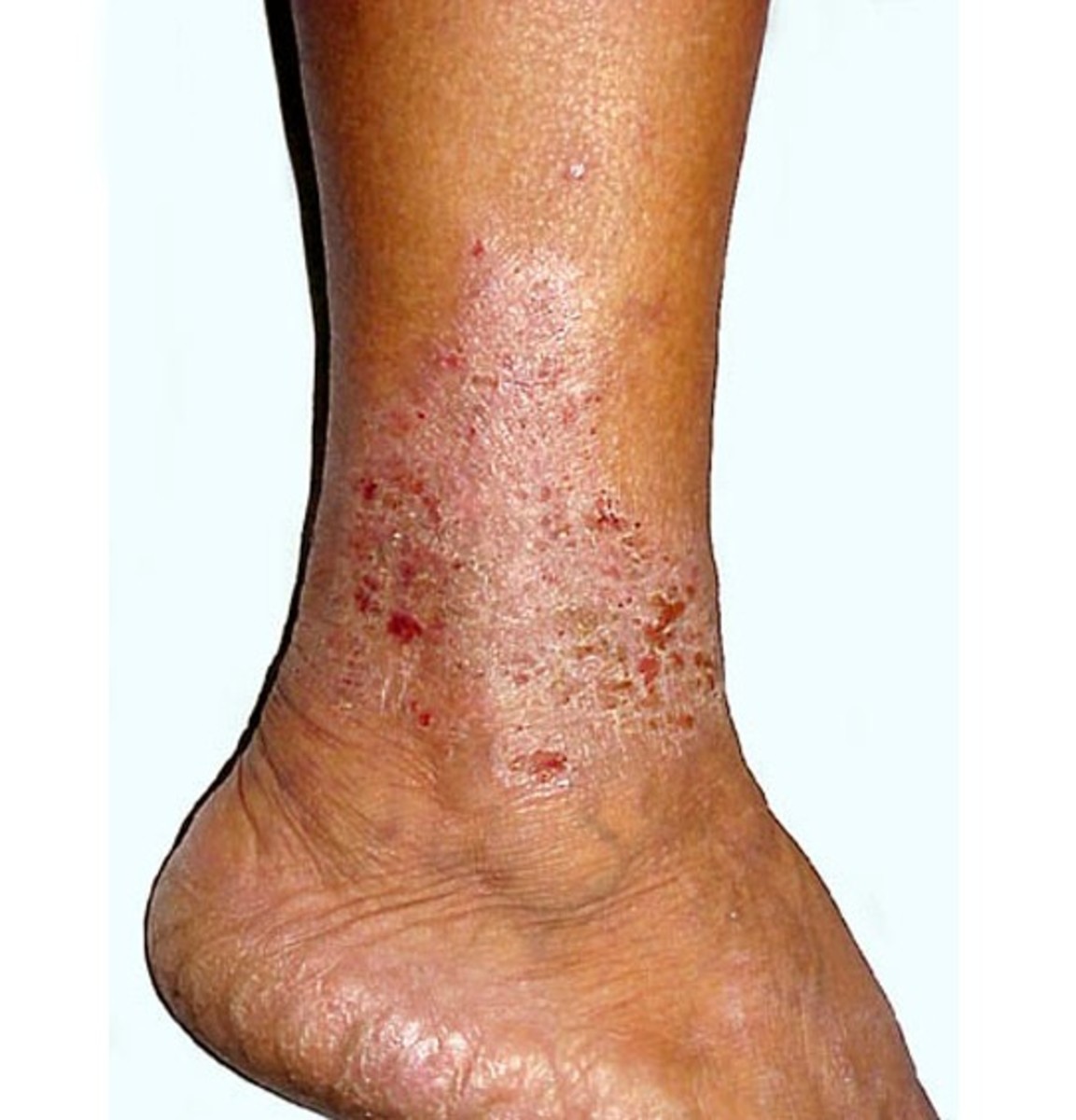Misophonia
Misophonia Definition
Misophonia is a form of decreased sound tolerance.
It is believed to be a neurological disorder characterized by negative experiences resulting only from specific sounds, whether loud or soft.
-Wikipedia
(Example: heavy breathing or lip smacking noises)
The term Misophonia was first contrived by American neuroscientists Pawel Jastreboff and Margaret Jastreboff in 2001.
Previously referred to as Selective Sound sensitivity.
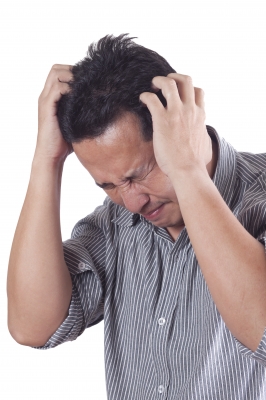
Misophonia Symptoms
First of all I'd like to express my excitement over learning of this disorder. I'm really not a horrible person! Please read on...
Here are some examples of my experience with misophonia disorder and some symptoms among sufferers.
The negative feelings can be overwhelming.
These emotions are not character of hearing, or of the auditory pathways. These responses are due to experiences or beliefs about sound which have been previously learned, typically in adolescent years.
In one particular instance my friends and I were outside of a movie theater awaiting our ride home. We were about 15 years old. One of my friends was chewing gum.
This enraged me.
Not because I have something against gum chewing but because I could hear her chewing it. I couldn't focus on anything else no matter how hard I tried. It was like with each chew I was getting more and more angry. My heart was racing and I felt like I was going to explode.
Finally, I did. I blurted something out about how she had to get rid of her gum because she was chewing like a pig and I couldn't take it any longer.
She was of course offended though, did oblige.
My relief was immense but my guilt washed over me like I was caught in a downpour of rain.
Nowadays I am much more polite however, the rage and anxiety I feel are still just as pronounced.
Eating with others can be extremely hard to do. The noises someone may make, the licking of lips, the sound of swallowing and even their breathing may trigger the negative reactions.
The clanking of dishes is a common trigger. For me personally I find that when a spoon hits the side of a dish (like when someone is eating cereal) it triggers this intense disorder.
My brother has these same types of reactions to the same sorts of noises as I do. I believe we somehow learned this behavior by associating noises with our feelings during a traumatic time in our lives when we were approximately 11 years old.
It seems to fit the criteria. Be that as it may, I am no doctor so this is my best guess.
The most common triggers are eating and breathing.
The most common symptoms are annoyance and enragement by these noises.
Other symptoms are; mimicking the trigger person, avoidant behavior and anxiety
This is a real disorder that many may disbelieve and belittle. Misophonia is not be confused with hyperacusis (a disorder that makes people sensitive to all sounds).
There is no cure but there are treatment options.
Misophonia Treatment
Work with your doctor to find your best treatment option.
Some of your options include; cognitive behavior therapy, relaxation exercises, stress management and hypnosis.
Although therapy and treatment can help there is no sure-fire way to overcome misophonia.
Suggestions to help avoid triggers are ear plugs, headphones and muffling sound.
Logic and/or reason does not change the negative reactions to trigger sounds.
It may help to educate your trigger person(s) about this disorder and talk it through so that they may be more understanding and to help avoid possible hurt feelings or damaged relationships.
More Info.
- What is Misophonia? M001
What is Misophonia? M001 - A leaflet explaining the medical diagnosis of misophonia for patients - FAQs - MISOPHONIA UK
Excellent overview of Misophonia - The Misophonia Activation Scale - MISOPHONIA UK
The Misophonia Activation Scale (MAS-1) is intended to guide clinicians and patients in assessing the severity of a sufferer's condition.


